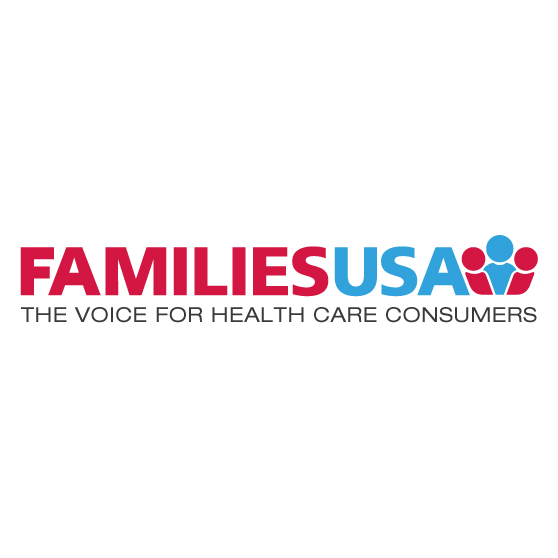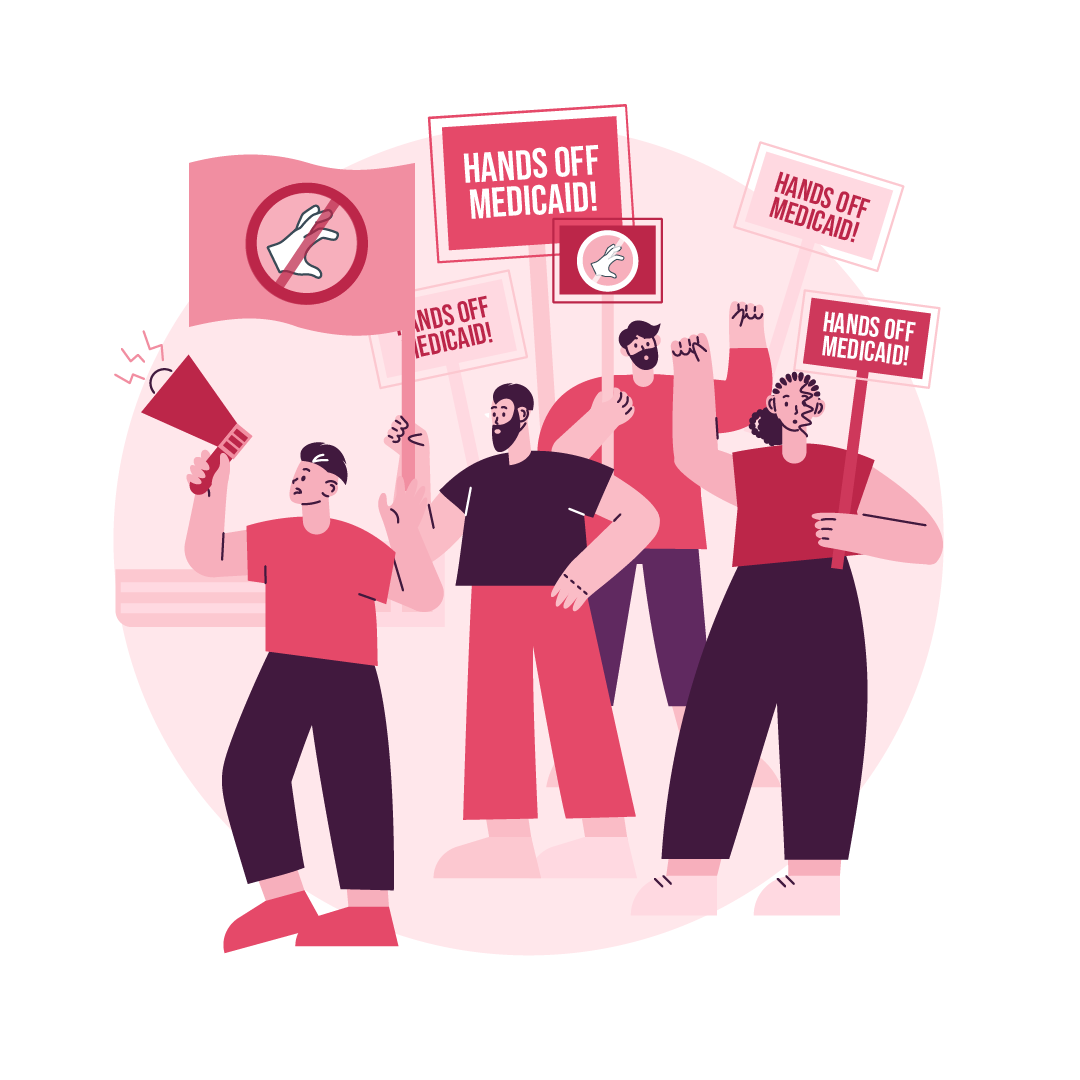Trump Administration Seeks to Allow Hospitals, Doctors, Nurses, and State Agencies to Discriminate
01.31.2019
In late January, the Trump administration quietly announced two alarming new policies that will lead to more discrimination in health care: a change in Medicaid policy made through executive order, and a proposed rule that is open for comment until March 27, 2018. In addition, and linked to the proposed rule, the administration opened a new office that will protect providers that “follow their conscience” but will not protect patients from discrimination nor assure them that they can get the services they need. The care that is at risk is wide ranging and includes:
- family planning
- end-of-life care
- treatment of the LBGTQ population
- hearing screening for newborns
- suicide treatment and intervention for adolescents
Administration will ratchet back enforcement of Medicaid requirement assuring free choice of providers
The Trump administration reversal of Medicaid policy will encourage states to block access to family planning providers such as Planned Parenthood, and to providers that serve the LBGTQ population. In 2016 during the previous administration, a letter from the federal Centers for Medicaid and Medicare services informed Medicaid directors that they could not establish qualifications for providers that were unrelated to their fitness to provide covered services in a professional, safe, legal, and ethical manner. Further, the previous letter reminded states, people with Medicaid benefits are guaranteed a free choice of family planning providers.
Although abortion is not a Medicaid-covered service (except in limited cases such as rape), the previous guidance explained, family planning providers could not be excluded from the Medicaid program just because they separately provided such services that were not billed to Medicaid.
The Trump administration has now rescinded the 2016 letter. This rescission will encourage states to establish restrictive provider qualification standards. Some states may entirely block access to providers that do not discriminate based on sex and that provide a full range of services. Though Medicaid law still stands, patients may need to go to court to try to enforce their rights.
Proposed rule on abortion, end-of-life care, and other services
The proposed rule released by the Department of Health and Human Services would empower hospitals, nursing homes and health care workers to use a personal objection to block access to various types of care for women, children, LGBTQ people, and people nearing the end of life.
Hospitals, nursing homes, and individual employees within a facility might refuse to follow a patient’s advance directive if they thought it would hasten death. Similarly, pharmacists could refuse to fill a prescription for birth control or antidepressants because of their personal beliefs. Medicare Advantage plans, Medicaid managed care organizations, and providers participating in the Medicare, Medicaid, or CHIP programs would not have to provide services to which they objected.
The rule does not balance this right to refuse medically-indicated care delivery with any protections for the patient: patients would not have to be informed about how they could get care elsewhere nor guaranteed timely and appropriate care, and they might not know in advance that the nurse or doctor who sees them will refuse to provide or counsel them about a given service.
The rule lists a shocking number of services that providers might refuse, and that parents might refuse for their children, based on “conscience” including:
- Hearing screening for newborns
- Vaccination
- Suicide assessment and intervention for a teen
- “Euthanasia” – and the rule provides no clear definition of what advance directives do and do not need to be followed
- Counseling and referral for a wide range of family planning services
Though providers have long been able to refuse services based on their own religious beliefs, prior rules balanced this with protections for patients by assuring that patients could get and be referred to appropriate services. Facilities receiving federal funding, the previous administration made clear, have an obligation to provide nondiscriminatory care. The new proposal does nothing to inform patients of their rights nor assure them access to nondiscriminatory care.
New office to protect health care providers who discriminate
Last week, the Department of Health and Human Services announced the creation of a new office within the Office for Civil Rights. This office, coined the “New Conscience and Religious Freedom Division,” will serve the purpose of protecting health workers with religious and/or moral objections to providing treatment.
By creating this division, the Trump Administration is further demonstrating its commitment to protecting religious or “moral” freedoms with the purpose of denying certain groups access to resources. Nurses, doctors, and hospitals may refuse to treat a patient or perform a procedure solely based on religious or moral beliefs. With no balancing protections regarding patient information or access to care, this puts the livelihoods of women, members of the LGBTQ+ community, and many others at risk. The best interest of the patient is no longer first priority.
Additionally, this rule will allow hospitals receiving government funding to deny medical care based on religious beliefs. Hospitals will have the ability to deny services to transgender and queer individuals, creating more barriers to accessing care for these communities.




